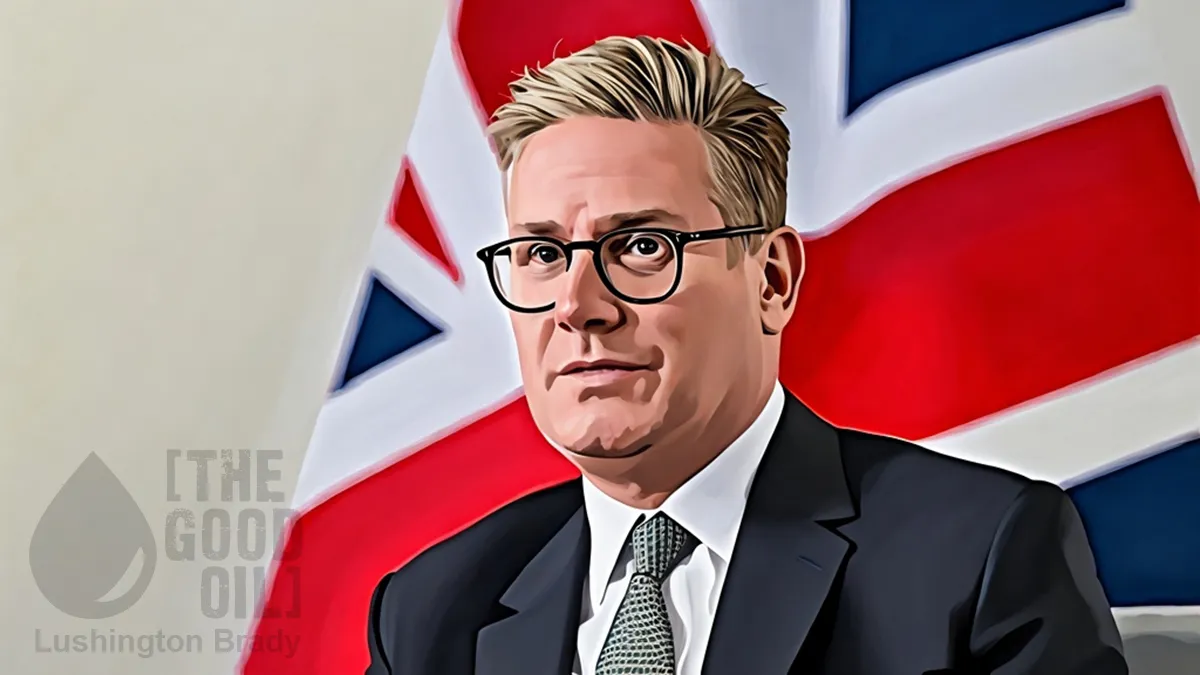Table of Contents
More than 400 children have changed the sex on their passport since 2015, including almost 300 children 15 years or younger. Under the Passports Act 1992, 16–17 year olds do not require parental/guardian consent.
Almost 2,000 people in total have changed their passports to their ‘self-identified gender’ in the past decade.
According to Official Information Act data gained by Family First from the Department of Internal Affairs, the number of people who have changed their sex on their NZ passport since 2015 include:
15 and under
Female to Male 153
Male to Female 128
16–17
Female to Male 80 (approx)
Female to Gender Diverse 10–15 (approx)
Male to Female 55 (approx)
18-plus
Female to Male 595
Female to Gender Diverse (X) 115 (approx)
Male to Female 682
Male to Gender Diverse (X) 90 (approx)
Demand for females to be recognised as male was more common amongst children than male to female, but male to female was more common for non-teens. There has been growth in adopting an X (gender diverse) in the past three years with a doubling just in the past eight months for non-teens. Young children have also changed to X in the past couple of years.
There is no limit to the number of times you can change the gender on your passport as it can be changed when the passport is renewed. Ironically, you can reapply to revert to the sex recorded at birth.
According to the government, while New Zealand recognises gender X on passports, other international travel authorisation systems and eGates may not. As a result, citizens may still be asked to label their gender as either ‘male’ or ‘female’ when travelling. Data gathered by the Economist shows that only 16 countries have a third-gender option on their passports, including Argentina, Austria, Australia, Canada, Colombia, Denmark, Germany, Iceland, Ireland, Malta, the Netherlands, New Zealand, Pakistan, India and Nepal.
It is evidence of a confused culture when it can’t even recognise biological facts when it comes to international travel documents. It is also of great concern when Kiwi children are being dragged into the confusion. Fortunately, the majority of the world is still sticking with truth.
This article was originally published by Family First New Zealand.








